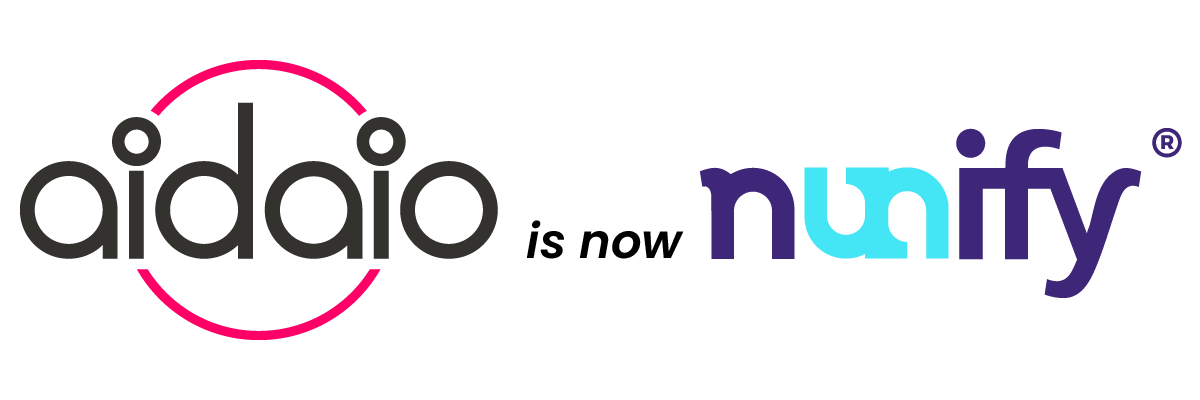The fact that the events industry has been worst affected by the COVID-19 crisis is globally acknowledged. Since the beginning of the pandemic, hundreds of meetings and events have been cancelled or postponed the world over. The trend has seen a further enhancement in the past couple of months as an increasing number of cities have been forced to implement a partial total lockdown. This has made it necessary for the professionals within this sector to take some tough decisions regarding the future functioning of the industry.
Preparing For The Primary Challenge
Professionals working in the events industry need to be prepared to make major adjustments to the manner in which events and meetings will be organized in the future. In this context, the most important thing that these professionals need to focus on is the safety and well-being of the organizers as well as the participants. It would take the combined efforts of all the stakeholders to ensure that the key requirements for organizing safe meetings and events are fulfilled in the most effective manner. These requirements would primarily include setting up health and safety protocols, ensuring appropriate social distancing, a safe supply of food and beverages, and organizing remote registration for events using an event planning app.
Key Steps To Be Taken For Organizing Safe Events
Despite the uncertainty around COVID-19, event organizers need to focus on restarting the business while keeping their teams and attendees safe. They need to create strategies for implementing strict health rules that make the events relatively risk-free. Discussed below are the most important steps that event organizers can take for ensuring the same.
Create A Preparedness Plan
A preparedness plan can help assure the event partners and attendees that their safety with respect to COVID-19 is taken quite seriously. It will also boost the confidence of organizing teams during event promotion activities. The event organizers should upload and update the preparedness plan on the webpage dedicated to the specific event on their website. Creating a preparedness plan would involve doing as follows:
- Coordinate with local health officials.
- Reach out to the management of the selected venues.
- Establish the guidelines for identifying and isolating high-risk attendees.
- Ensure the timely circulation literature related to the prevention of COVID-19 across the venue.
- Have enough supply of sanitizers and disinfectant wipes available at all times.
Proactively Update Attendees
The event attendees, event partners, and event speakers should be proactively updated with all the latest information. This can be done with the help of various digital communication tools such as email, social media platforms, and even push notifications for their best event app. The important factors to be considered in this context include:
- Sharing the latest updates on the status of the event.
- Providing updates from local health officials.
- Reiterating the preparedness plan.
- Directing the attendees to relevant webpages to get detailed information reliably.
Establish Health and Safety Rules for Your Event
It is extremely important for event organizers to set clear and strict health and safety guidelines to be followed by all attendees. These guidelines, help to minimize the risk for the attendees besides providing extra protection for people around them. Some important steps that need to be taken to ensure the same are listed below.
- Provide detailed information to the attendees about the event health policy well in advance through their preferred communication channel.
- The organizers should have a clear refund/registration transfer policy in place for attendees in case they need to be prohibited or excluded from the event at a later stage.
- Offer clear and precise instructions about what is allowed, what is prohibited, and what is advised.
Creating a Sanitary Environment
Taking the necessary measures to keep the venue well sanitized and disinfected is essential to create a safe environment for the event. These measures should be listed in the preparedness plan and should be followed through in the most stringent manner. The following things need to be done for creating a safe and sanitized environment.
- Have enough dedicated sanitization sites spread across the venue with ample supply of hand sanitizer and disposable disinfectant wipes.
- Make sure that the microphones and other such equipment are thoroughly cleaned and sanitized after each use.
- Provide constant reminders to the attendees about hygiene best practices.
Following the above guidelines can go a long way in making events and meeting safe for everyone involved in the future. Till then, stay safe!


